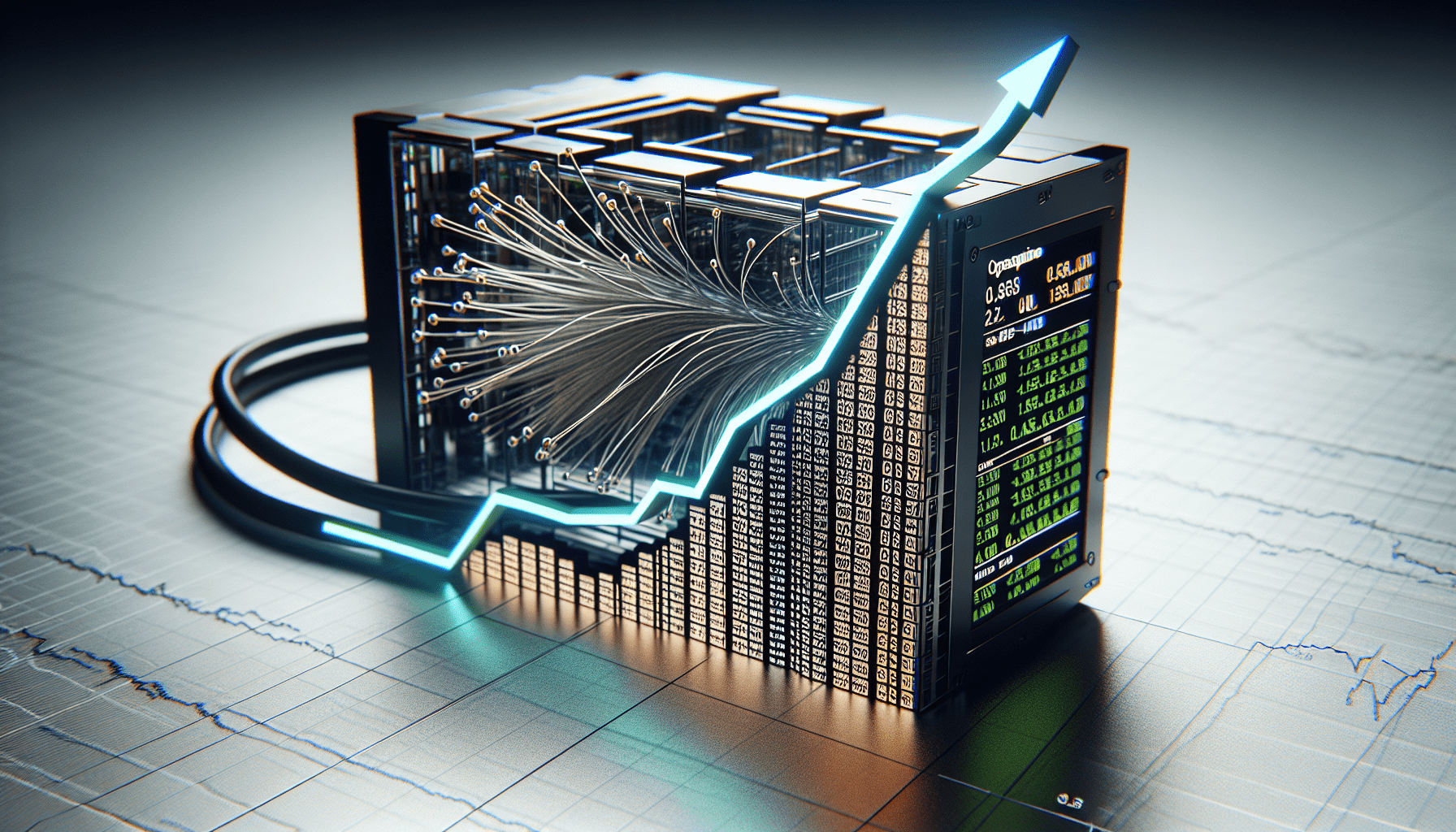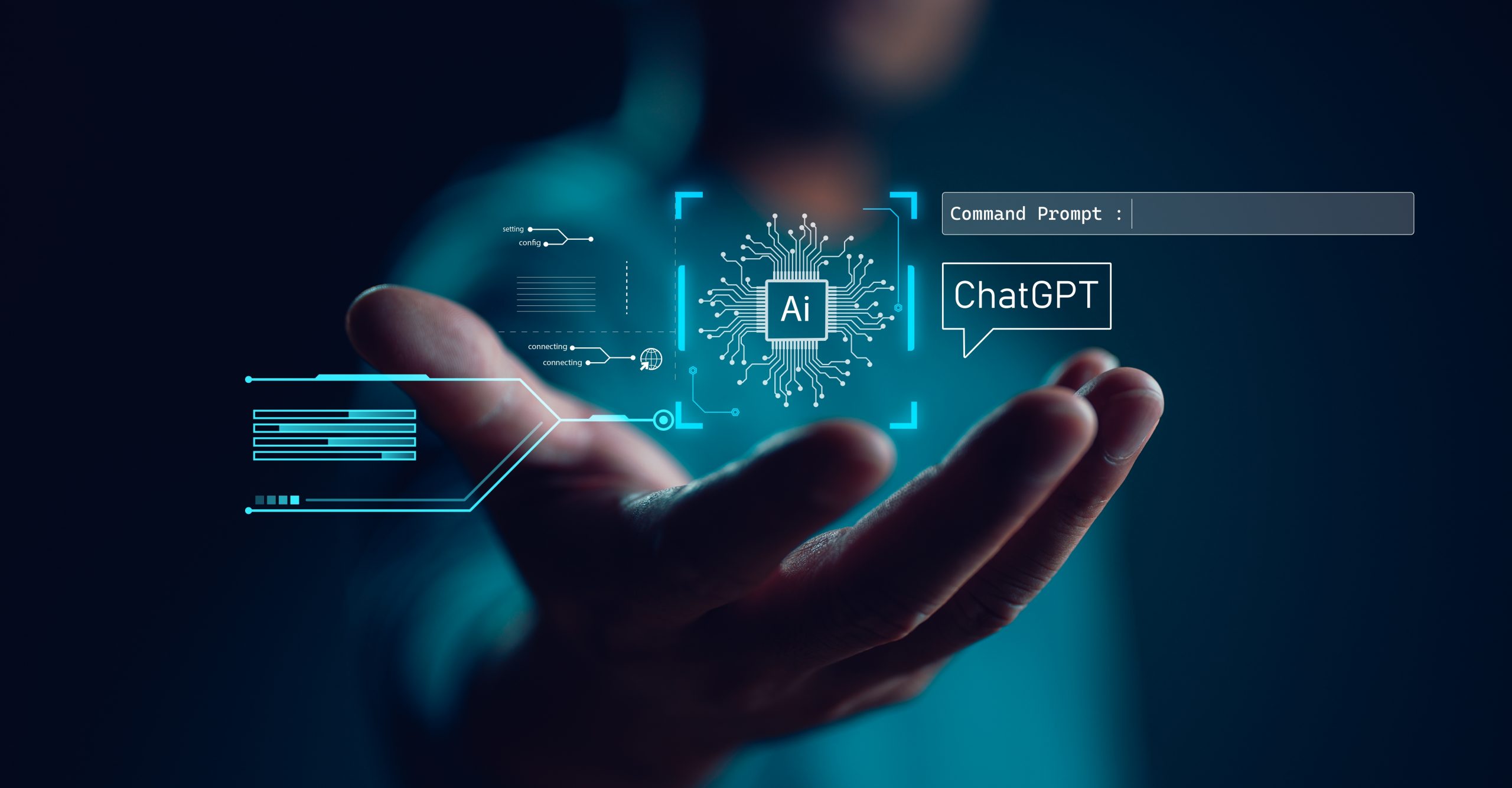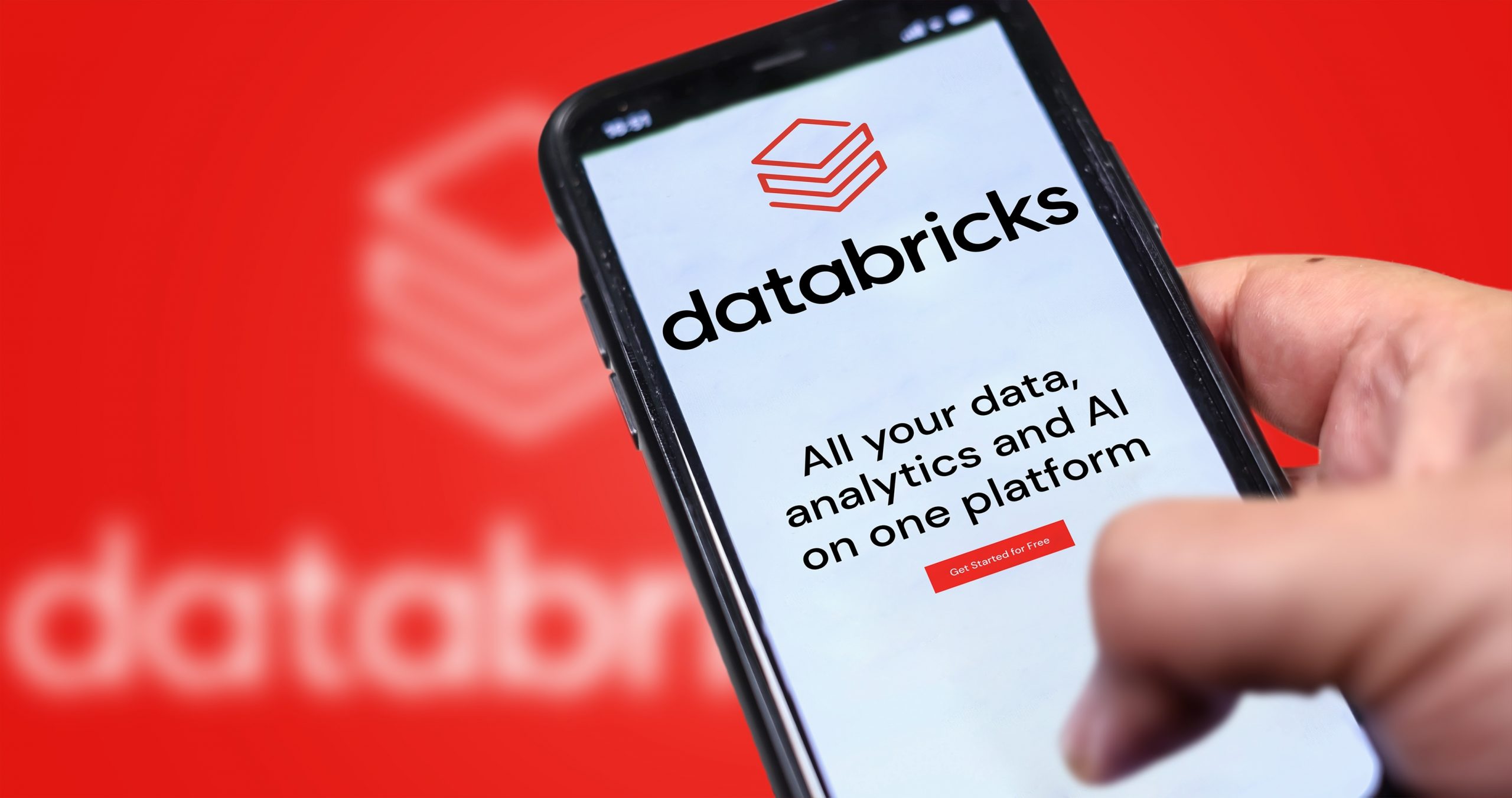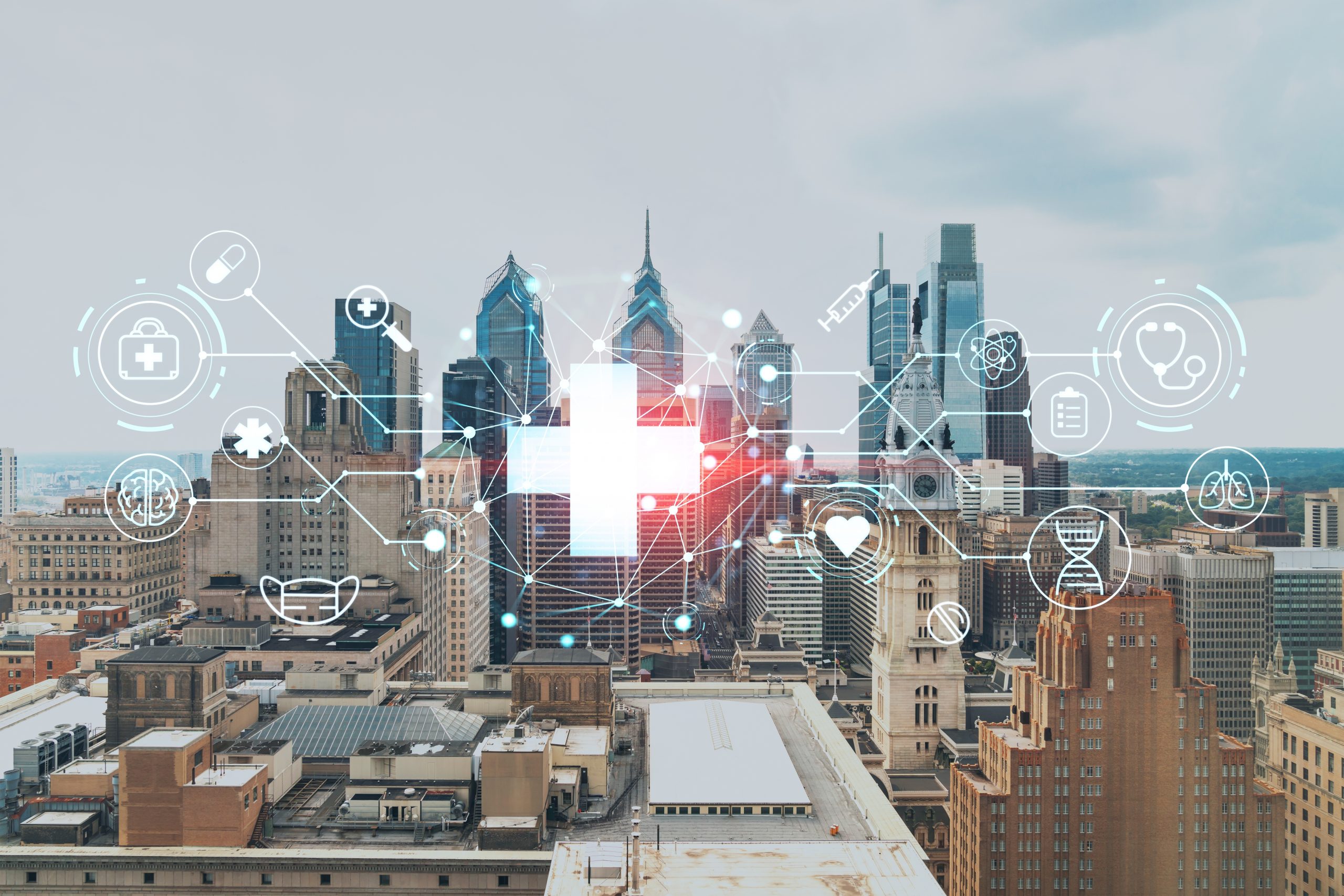Your Doctor, Only Smarter
AI will help make physicians better at identifying red flags in your physical exam

By Dr. Girish Nadkarni & Dr. Rohan Khera
Well-trained and properly maintained artificial intelligence (AI) algorithms could revolutionize how doctors collect and analyze data from physical exams. It could improve outcomes by making physicals more efficient, data-driven, accurate and thorough.
The physical, one of the pillars of medical diagnostics, is primarily a hands-on exercise. But it also involves tasks like data collection, analysis and pattern recognition that can benefit from assistance from AI. Already, researchers are using algorithms to help find skin, mouth and throat cancers and to improve auscultation—the process of listening to and analyzing internal body sounds.
Furthermore, deep learning technology could...








